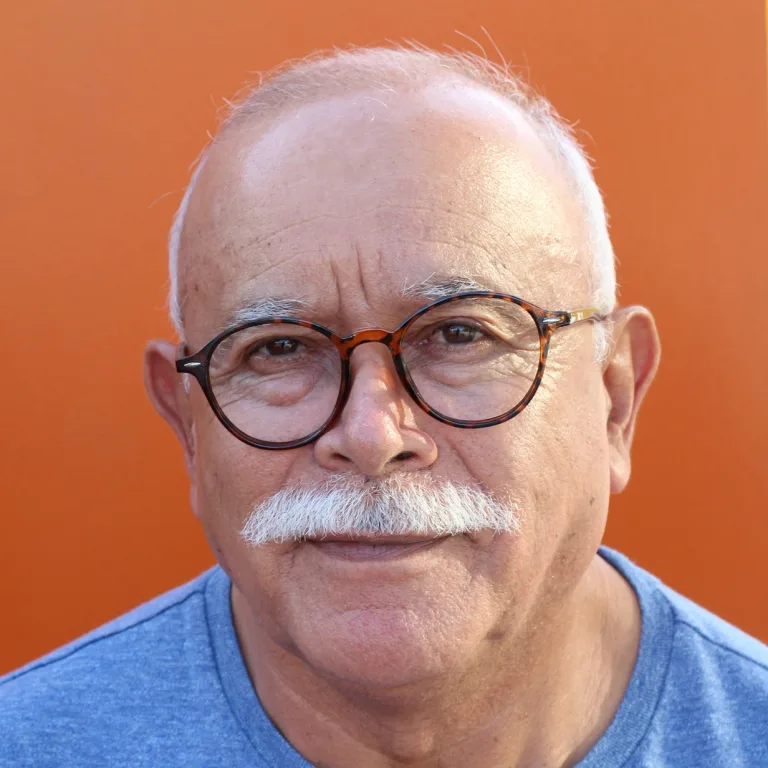
If I'm named as a beneficiary under a will, can I also claim a fee for acting as executor?
An executor is the person named in a will to carry out the instructions written in the will. If you’ve been asked to be someone’s executor, learn what’s involved in taking on the job.
What you should know
An executor carries out the instructions in a will. The will-maker chooses the executor by naming them in the will.
When the will-maker dies, any property or possessions they owned by themselves make up their estate. The executor administers the estate. They do this by locating all of the will-maker’s property, paying any debts, plus funeral costs and taxes, and then distributing the rest of the estate according to the instructions in the will.
Acting as an executor can be relatively straightforward if the estate is simple — for example, if it consists of a car, a home, some personal belongings, and a bank account. But the job of executor can become more difficult if:
there are many people named in the will to receive gifts
the will-maker has a lot of assets or debts
the will-maker owns a business
the will includes a trust
the will is challenged by someone who feels they haven’t received a fair share
There may be more than one executor named in a will to act at the same time. If there is, the co-executors must act jointly (unless the will says otherwise). Neither is the "lead" executor. The co-executors have to agree on many things, from the selling price of any real property to who gets the family photo albums.
If co-executors disagree on how to move forward with administering the estate, they’ll need to resolve the conflict. One option is mediation. They may even have to go to court. Or the beneficiaries may go to court and seek removal of co-executors.
“After my sister died, I found out she had named me as executor. It was a big surprise. I wanted to be helpful, but I didn’t want the job. I knew it would be too difficult and stressful. For one thing, I’m 78 years old. And I live in a different province. So I signed a notice of renunciation form, and the alternate executor took over.”
– Brandon, Edmonton, AB

If someone asks you to be their executor and you don’t want the job, you can say no.
You can even back out of your promise to be executor after the will-maker has died — as long as you haven’t started dealing with any of the estate assets. This is called renouncing — that is, declining — your appointment as executor.
However, if you‘ve already started dealing with any estate assets, you’re legally bound to continue. Examples include paying debts or changing the insurance on the home. Doing these things is considered intermeddling with the estate. You must continue administering the estate until the court discharges you of your responsibility.
To renounce as executor
You can renounce by signing a form called a notice of renunciation (form P17). The form will need to be filed in court when someone applies for probate or administration. You can download the notice and other probate forms from the BC government website.
It takes time, energy, and careful attention to detail to be an executor. Many executors do the work themselves. But you can ask friends and family members for help.
Getting help from professionals
You can also hire a lawyer or an accountant to help you. You may want to do this if the estate is complex. Fees for professional help can be paid out of the estate (as long as those fees are reasonable).
Many executors hire a lawyer to guide them through the probate process. Most executors hire an accountant to prepare the tax returns; some hire an accountant to prepare the estate accounts.
As executor, you’re legally responsible for the estate
As the executor, it’s your responsibility to make the decisions and keep accurate records. Even if you get help from others, at the end of the day, you are legally responsible for the estate. If you don’t do the job properly, you could be personally liable.
“Mom had given away most of her things before she died, so it was quite a simple job. I chose not to take a fee for being executor. After all, it was for family. And the truth is, it didn’t take up too much of my time.”
– Hayley, Comox, BC

An executor can claim a fee for their time and effort. Often they choose not to accept a fee. This is common if the executor is a family member or close friend of the will-maker.
Sometimes the will specifies the amount of the executor’s fee. If the will doesn’t set out a fee, the executor may claim up to:
5% of the gross value of the estate,
5% of the income of the estate (money earned by the estate after the will-maker dies, such as rent), and
0.4% per year, based on the average value of the estate under management, for a care and management fee.
The amount the court will allow an executor to claim depends on how much work was involved. If there’s more than one executor, the fee is split. But it’s not always split equally — it depends on who did most of the work.
Executors are often also named as a beneficiary in the will. They may claim a fee in addition to any gift they receive under the will, unless the will says otherwise. Generally speaking, a fee is taxable, but a gift under the will is not.
The executor can also pay themselves back from the estate for out-of-pocket expenses. These are expenses the executor pays in order to administer the estate. Examples include search fees, photocopying, and postage.
For a straightforward estate, it can take about one year to complete the work of executor. This is commonly referred to as the executor’s year.
The executor remains responsible for looking after the estate, even after they’ve distributed the estate assets to the beneficiaries. If assets or debts turn up years later, the executor is still legally responsible for dealing with them.
An executor needs to go to court to pass their accounts and to be discharged as executor. Their role is only finished once this happens. To avoid going to court, the executor can ask the beneficiaries to approve the accounts. Learn more about an executor’s responsibility to account to beneficiaries.
If you agree to be someone’s executor
If you agree to act as an executor, make sure you have a current copy of the will. Keep it in a safe place where you can easily find it. And make sure you know where the original is kept (you’ll need this to probate the will).
Ask the will-maker to give you a list of all of their assets and debts. Down the road, your job will be easier if this list is kept up to date.
Should the will-maker pass away, we have step-by-step guidance to make your job as executor easier. We explain the steps involved in settling the estate, and walk you through probating the will, should that be required.

